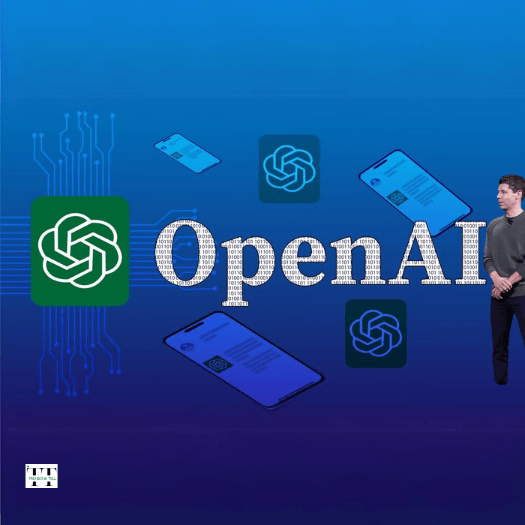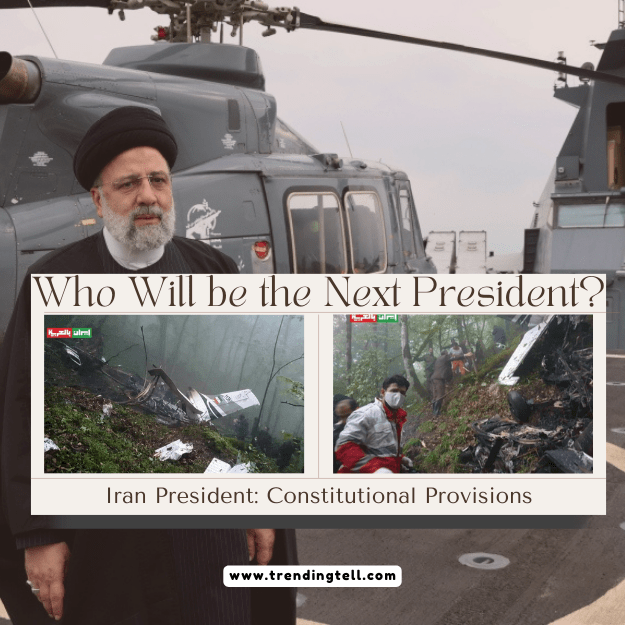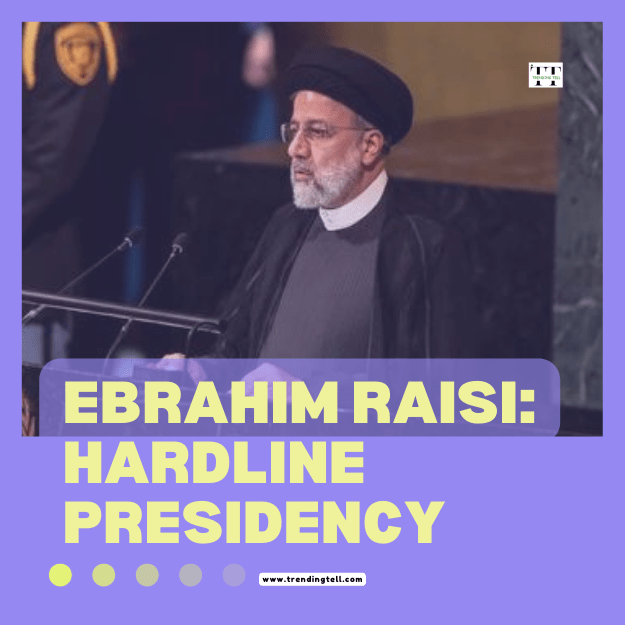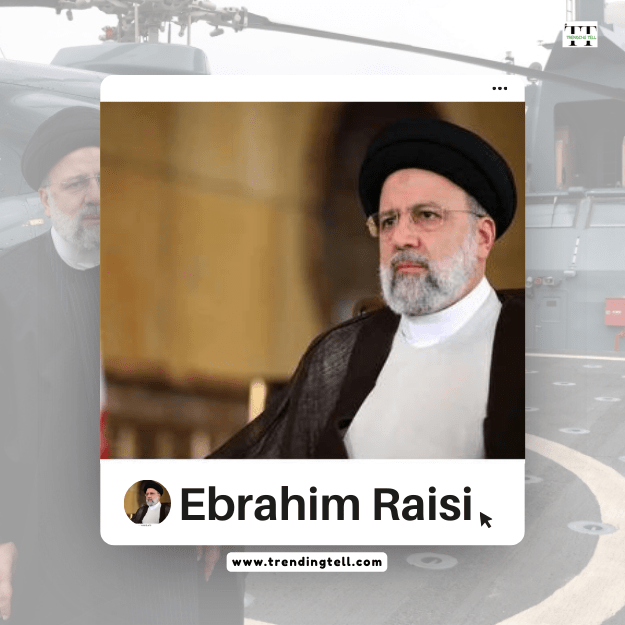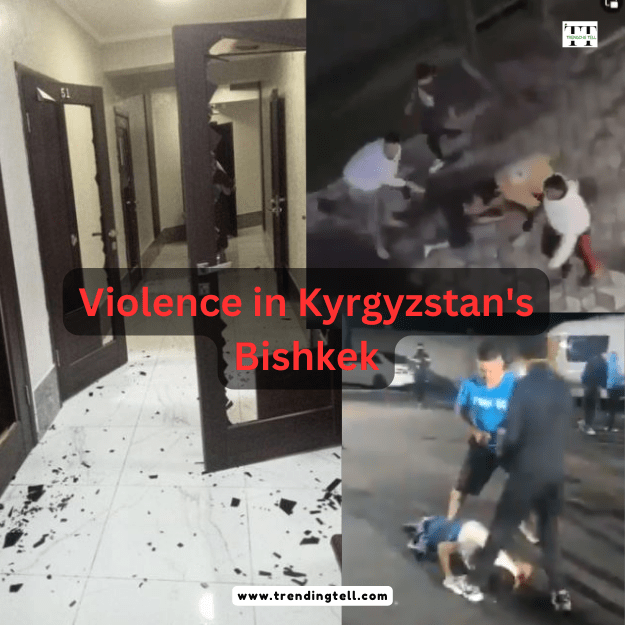OpenAI is an American artificial intelligence (AI) research organization founded in December 2015. Its main goal is to research AI to develop “safe and beneficial” artificial general intelligence. These are “highly autonomous systems that outperform humans at most economically valuable work.” OpenAI is one of the leading organizations in the AI field. It has developed several significant languages, advanced image generation models, and released open-source models. The release of ChatGPT has been credited with starting the AI boom.
OpenAI operates as a nonprofit organization, OpenAI, Inc., registered in Delaware, and as a for-profit subsidiary, OpenAI Global, LLC. The organization was founded by a group of visionaries, including Ilya Sutskever, Greg Brockman, Trevor Blackwell, Vicki Cheung, Andrej Karpathy, Durk Kingma, Jessica Livingston, John Schulman, Pamela Vagata, and Wojciech Zaremba. Sam Altman and Elon Musk initially served on the Board of Directors. In 2019, Microsoft made a significant investment of $1 billion in OpenAI Global LLC, followed by a $10 billion investment in 2023. A substantial portion of the investment was in the form of computational resources on Microsoft’s Azure cloud service.
On November 17, 2023, the board removed Altman as CEO and Brockman as chairman. Still, they returned after negotiations with the board, and most board members resigned. The new initial board included former Salesforce co-CEO Bret Taylor as chairman. It was also announced that Microsoft will have a non-voting board seat.
OpenAI Leadership Team:
Founders and Executives:
- CEO and Co-founder: Sam Altman – Former startup accelerator “Y Combinator” president.
- President and Co-founder: Greg Brockman – Former CTO, 3rd employee of Stripe.
- Chief Scientist: Jakub Pachocki – Former Director of Research at OpenAI.
- Chief Technology Officer: Mira Murati – Previously at Leap Motion and Tesla, Inc.
- Chief Operating Officer: Brad Lightcap – Previously at Y Combinator and JPMorgan Chase.
OpenAI Governance:
Board of Directors (OpenAI nonprofit):
- Microsoft (Observer)
- Chairman: Bret Taylor
- Members:
- Sam Altman
- Lawrence Summers
- Adam D’Angelo
- Sue Desmond-Hellmann
- Nicole Seligman
- Fidji Simo
OpenAI Investors:
Principal Individual Investors:
- Reid Hoffman: LinkedIn Co-founder.
- Peter Thiel: PayPal Co-founder.
- Jessica Livingston: Founding partner of Y Combinator.
- Elon Musk: Co-founder.
Corporate Investors:
- Microsoft
- Khosla Ventures
- Infosys
- Thrive Capital
OpenAI- Products and Applications Details
OpenAI Reinforcement Learning:
- OpenAI initially concentrated on projects centred around reinforcement learning (RL), establishing itself as a significant competitor to DeepMind.
Gym:
- Gym, introduced in 2016, offers a universal benchmark for general intelligence in various environments. It streamlines AI research by regularising environment definitions and providing a user-friendly interface.
Gym Retro:
- Gym Retro, launched in 2018, facilitates reinforcement learning research in video games. It enables agents to generalize across similar game concepts with different appearances.
RoboSumo:
- RoboSumo, launched in 2017, is a virtual platform for training humanoid agents in tasks such as walking and pushing opponents out of the ring. It demonstrates adversarial learning and generalized skills.
OpenAI Five:
- OpenAI Five, a team of Dota 2 bots, learns to compete against humans using trial-and-error algorithms, demonstrating advanced reinforcement learning.
Dactyl:
- Dactyl, created in 2018, uses machine learning to train a robotic hand for object manipulation. It showcases proficiency in tasks such as solving a Rubik’s Cube.
API:
OpenAI’s API, launched in 2020, provides access to AI models for various English language tasks, enhancing developers’ accessibility.
OpenAI Text Generation:
- OpenAI introduced generative pre-trained transformers (GPT), starting with GPT-1 and advancing to GPT-3, significantly enhancing language model benchmarks.
GPT-4:
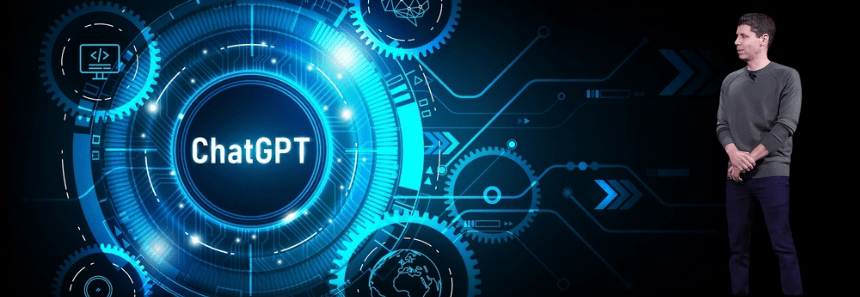
- GPT-4, which was released in 2023, has been equipped with enhanced capabilities. It can now process text and image inputs and performs exceptionally well in code writing and comprehension tasks.
OpenAI Image Classification:
CLIP:
- Introduced in 2021, CLIP revolutionizes image classification by analyzing the semantic similarity between text and images.
Text-to-Image:
DALL-E:
- DALL-E, unveiled in 2021, generates images from textual descriptions, exhibiting creativity in producing realistic and imaginative visuals.
Text-to-Video:
Sora:
- Sora, a text-to-video model, generates videos based on descriptive prompts, showcasing potential storytelling and content creation applications.
Speech-to-Text:
Whisper:
- Whisper, launched in 2022, is a versatile speech recognition model capable of multilingual recognition, translation, and language identification.
OpenAI Music Generation:
MuseNet:
- MuseNet, released in 2019, predicts musical notes to generate songs across various styles and instruments.
Jukebox:
- Jukebox, introduced in 2020, generates music with vocals based on genre, artist, and lyrical snippets, showcasing creativity in composition.
OpenAI User Interfaces:
ChatGPT:
- ChatGPT, launched in 2022, offers a conversational interface powered by GPT that caters to diverse user queries and interactions.
DALL-E Integration:
- DALL-E 3 integration into ChatGPT enhances the conversational experience by generating images based on user input, expanding the realm of possibilities in dialogue.
OpenAI: Controversy and Legal Challenges
Outsourcing Controversy:
In January 2023, OpenAI was criticized for outsourcing data annotation to Sama, which resulted in inappropriate content descriptions and payment discrepancies.
Transparency Concerns:
In March 2023, OpenAI faced criticism for not fully disclosing technical details about products such as GPT-4, citing concerns about competitiveness and safety.
Copyright Infringement Lawsuits:
In July, September, and December 2023, OpenAI faced copyright infringement lawsuits from authors and media outlets, alleging illegal use of copyrighted material and destruction of training datasets.
GDPR Violations and Regulatory Scrutiny:
In August 2023, OpenAI was sued for violating the EU General Data Protection Regulations. In April 2023, the EU’s European Data Protection Board formed a task force to investigate ChatGPT’s compliance.
Copyright Litigation from Digital Publishers:
In February 2024, digital publishers filed a lawsuit against OpenAI for copyright infringement, posing a new legal challenge for digital-only publishers.
GDPR Complaint and Privacy Issues:
In April 2024, NOYB filed a GDPR complaint against OpenAI for privacy violations related to ChatGPT’s generation of false personal data.
Copyright Infringement by News Publications:
Eight newspapers filed a lawsuit against OpenAI and Microsoft in April 2024, alleging the illegal harvesting of copyrighted articles.
Policy Changes and Military Clause Removal:
OpenAI quietly prohibited ChatGPT from engaging in “military and warfare” activities, leading to debate and ethical questions.
